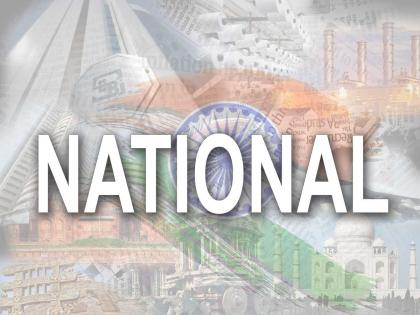PIL in Delhi HC seeks direction to ensure online banking accessibility to visually impaired
By ANI | Published: January 20, 2020 09:42 PM2020-01-20T21:42:06+5:302020-01-20T23:04:35+5:30
A public interest litigation (PIL) was moved in the Delhi High Court seeking direction to the union of India to ensure accessibility of online and technology-based banking services to visually impaired people.

PIL in Delhi HC seeks direction to ensure online banking accessibility to visually impaired
A public interest litigation (PIL) was moved in the Delhi High Court seeking direction to the union of India to ensure accessibility of online and technology-based banking services to visually impaired people.
The PIL, moved by petitioner George Abraham, said that it is the state's responsibility under the Rights of Persons with Disabilities Act to ensure that persons with disabilities have control over their financial affairs.
"As per the National Programme for Control of Blindness, there are about 12 million blind and 50 million visually impaired people in India. An obligation is cast upon the state to ensure that financial services, in the current digital age become accessible to every citizen including visually impaired citizens," the PIL said.
According to the petition, visually impaired persons are legally competent to enter into contracts as per the various circulars issued by the Reserve Bank of India (RBI) and it implies that the visually impaired persons are entitled to all banking facilities and services.
The petition said in 2008, Indian Bank Association had issued Procedural Guidelines for banking facilities to visually impaired persons to chief executives of all member banks which lay special emphasis on making online transactions accessible for visually impaired persons.
The petitioner also provided W3C (World Wide Web Consortium) guidelines that have been developed and accepted as international standards to make online content accessible to visually impaired persons.
These guidelines recommend using technological tools such as screen readers, speech recognition and providing text for all non-text content.
The petitioner, who is a disability activist and runs a foundation for the welfare of blind people, submitted that most of the banking websites do not comply with these guidelines, making accessibility extremely difficult for visually impaired persons.
( With inputs from ANI )
Open in app